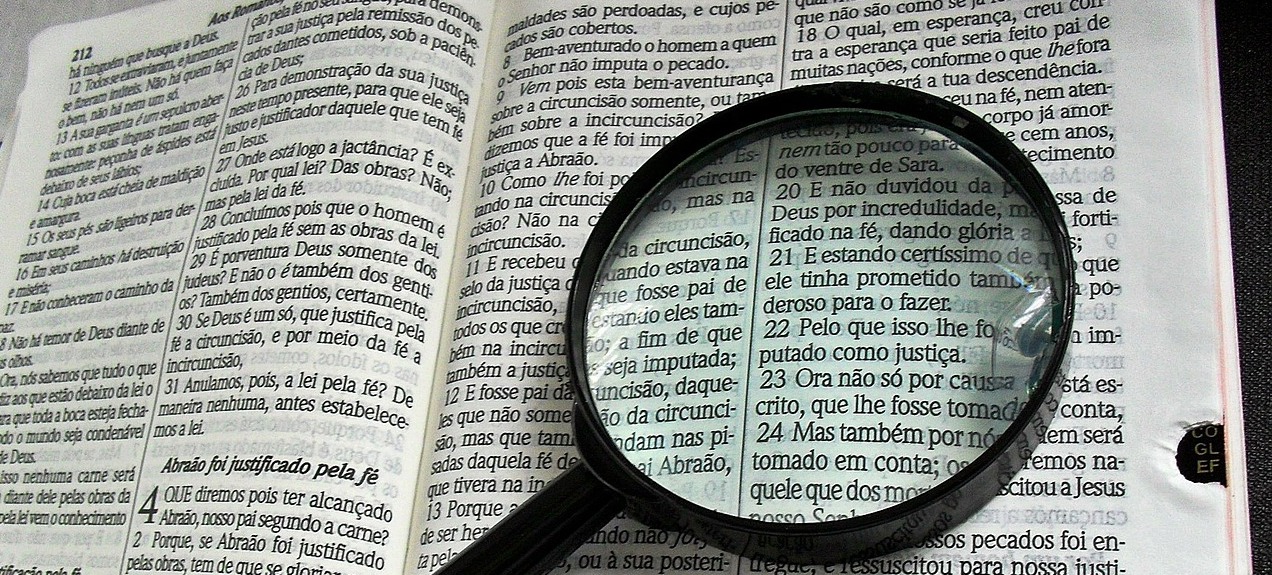
Gravitational Attraction
What would happen if two people out in space a few meters apart, abandoned by their spacecraft, decided to wait until gravity pulled them together? My initial thought was that …
In #religion

We start with the article Why the resurrection data can be evidence for theism, and why arguments for resurrection need not presuppose theism – formal demonstrations.
Definitions:
Some definitions, and initial probability assessments. The numbers are not meant to be precise but to convey overall qualitative estimates:
Now some calculations.
\begin{eqnarray} P(D|\sim T) &=& P(D| \sim T \cdot R)P(R|\sim T)+P(D| \sim T \cdot \sim R)P(\sim R|\sim T) \ &=& 0.75 \cdot 0.00000001 + 0.00000001 \cdot 0.999999999 \ &=&0.00000007501 \end{eqnarray}
\begin{eqnarray} P(D|T) &=& P(D| T \cdot R)P(R|T)+P(D|T \cdot \sim R)P(\sim R|T) \ &=& 0.75 \cdot 0.0001 + 0.00000001 \cdot 0.9999 \ &=&0.00007501 \end{eqnarray}
\begin{eqnarray} P(T|D) &=& \frac{P(D|T)P(T)}{P(D|T)P(T)+P(D|\sim T)P(\sim T)} \ &=&\frac{0.0000751 \cdot 0.01}{0.0000751 \cdot 0.01 + 0.0000000751 \cdot 0.99} \ &=&0.977 \end{eqnarray} where the prior probability for theism was <math xmlns="http://www.w3.org/1998/Math/MathML"><semantics><mrow><mi>P</mi><mo stretchy="false">(</mo><mi>T</mi><mo stretchy="false">)</mo><mo>=</mo><mn>0.01</mn></mrow><annotation encoding="application/x-tex">P(T)=0.01</annotation></semantics></math> - definitely an increase in probability given the data!
The point of this argument is to "serve as a rejoinder to those philosophers of religion who do not see the argument from miracles as supporting theism at all, or who think that one need to presuppose theism to argue for a miracle". Further, "I am not intending to argue that the probabilities given at the start are correct, only that it is in principle very much possible for one to argue to theism from miracle evidence" and "that it is also possible to argue for a particular miracle without presupposing theism."
Probability theory only applies to well-defined propositions. Something like <math xmlns="http://www.w3.org/1998/Math/MathML"><semantics><mrow><mi>P</mi><mo stretchy="false">(</mo><mi>T</mi><mo stretchy="false">)</mo></mrow><annotation encoding="application/x-tex">P(T)</annotation></semantics></math> may not mean anything if the proposition theism is true, shortened to <math xmlns="http://www.w3.org/1998/Math/MathML"><semantics><mrow><mi>T</mi></mrow><annotation encoding="application/x-tex">T</annotation></semantics></math> is not well defined. If we are opening it up to all possible theisms, then we have to include deism, good gods, evil gods (think Cthulhu), chaotic gods (think Zeus), multiple gods (think Hinduism), gods as nature (think paganism), etc... It is unclear to me that, if you include all of that, that you can easily estimate <math xmlns="http://www.w3.org/1998/Math/MathML"><semantics><mrow><mi>P</mi><mo stretchy="false">(</mo><mi>T</mi><mo stretchy="false">)</mo></mrow><annotation encoding="application/x-tex">P(T)</annotation></semantics></math>.
Further, quantities such as <math xmlns="http://www.w3.org/1998/Math/MathML"><semantics><mrow><mi>P</mi><mo stretchy="false">(</mo><mi>R</mi><mi mathvariant="normal">∣</mi><mi>T</mi><mo stretchy="false">)</mo></mrow><annotation encoding="application/x-tex">P(R|T)</annotation></semantics></math> become much lower if you include all of those other pieces of theism, <math xmlns="http://www.w3.org/1998/Math/MathML"><semantics><mrow><mi>T</mi></mrow><annotation encoding="application/x-tex">T</annotation></semantics></math>. I may in the future go through the calculation explicitely.
What counts as "data" here and how does it connect to the propositions? For example, the only "data" I know concerning the resurrection are claims from people, years (possibly decades) after the event, from non eye-witnesses. So when Calum writes <math xmlns="http://www.w3.org/1998/Math/MathML"><semantics><mrow><mi>P</mi><mo stretchy="false">(</mo><mi>D</mi><mi mathvariant="normal">∣</mi><mo>∼</mo><mi>R</mi><mo stretchy="false">)</mo><mo>≈</mo><mn>0.00000001</mn></mrow><annotation encoding="application/x-tex">P(D|\sim R) \approx 0.00000001</annotation></semantics></math> (very unlikely), he is clearly wrong. This sort of terrible evidence for the event is exactly what we'd expect if the event didn't happen.
Also part of the "data" has to be what we don't see - official reports from Romans, mentions (either positive or negative) from contemporaries, physical evidence of any kind, etc... When Calum states something like <math xmlns="http://www.w3.org/1998/Math/MathML"><semantics><mrow><mi>P</mi><mo stretchy="false">(</mo><mi>D</mi><mi mathvariant="normal">∣</mi><mi>R</mi><mo stretchy="false">)</mo><mo>≈</mo><mn>0.75</mn></mrow><annotation encoding="application/x-tex">P(D|R) \approx 0.75</annotation></semantics></math> (very likely), he isn't taking this into account at all. If the resurrection had actually happened, and the body was in fact missing from a guarded tomb, I would expect Paul to mention it and the trials in Acts to mention it. Here, the missing data works against the claim and the proposed probabilities.